In the ever-evolving world of blockchain technology, the Polygon network has emerged as a powerful solution for scalability and efficiency. This layer-2 scaling solution for Ethereum offers faster transactions and lower fees, making it an attractive choice for developers. At the heart of this interaction with the Polygon network lies the Remote Procedure Call (RPC) protocol.
RPC is crucial in blockchain interactions because it allows developers to communicate with the blockchain network, execute smart contracts, and retrieve data. In this comprehensive guide, we will delve into Polygon RPC, exploring its definition, key features, setup process, and more to arm you with the knowledge you need to effectively leverage this powerful tool.
Understanding Polygon RPC
Remote Procedure Call (RPC) is a protocol that one program can use to request a service from a program located on another computer within a network. In the context of blockchain, RPC allows developers to interact with blockchain nodes through a standardized set of commands.
Polygon RPC serves as a bridge between developers and the Polygon network, enabling seamless communication and data exchange. Through RPC, developers can perform various actions such as querying transaction details, interacting with smart contracts, and much more.
Role of RPC in Polygon
The role of RPC in the Polygon network is pivotal. It facilitates the connection between decentralized applications (dApps) and the Polygon blockchain. By using RPC endpoints, developers can make API calls to interact with the blockchain, execute transactions, and retrieve blockchain data without needing to operate a full node themselves.
Key Features of Polygon RPC
- Scalability: Polygon RPC helps in handling a large number of transactions due to its scalable architecture.
- Efficiency: It provides low-latency access to the Polygon network, ensuring that dApps can operate smoothly.
- Versatility: Polygon RPC supports a wide range of API methods, allowing developers to perform diverse blockchain operations.
- Security: It ensures secure communication channels between client applications and the Polygon network, protecting data integrity.
How Polygon RPC Works
Client-Server Model
Polygon RPC operates on a client-server model where the client (your application) sends requests to the server (Polygon node), which processes these requests and sends back responses. This model ensures efficient communication and data retrieval.
RPC Endpoints
RPC endpoints are URLs through which the client application interacts with the Polygon network. These endpoints serve as gateways to access the blockchain and perform various operations.
Request and Response Mechanism
When a client makes an RPC call, it sends a request to the Polygon node, specifying the action to be performed (e.g., retrieving transaction details). The node processes this request and sends back a response containing the requested data or the result of the action.
Setting Up Polygon RPC
Prerequisites
Before setting up Polygon RPC, ensure you have:
- A valid account on a service like GetBlock to access Polygon RPC nodes.
- Basic understanding of blockchain technology and the Polygon network.
- Necessary software tools such as a code editor and command line interface.
Steps to Configure Polygon RPC
- Create an Account: Visit the GetBlock website and sign up for an account. Follow the instructions provided to verify your account.
- Access Polygon Nodes: Navigate to the Polygon nodes page on GetBlock and obtain the RPC endpoint URL.
- Integrate RPC in Your Application: Use the RPC endpoint URL to make API calls from your application. For example, in JavaScript, you can use libraries like web3.js to interact with the Polygon network through RPC.
“`javascript
const Web3 = require(‘web3’);
const web3 = new Web3(‘https://matic.getblock.io/mainnet/’);
“`
Common Configurations and Parameters
When configuring Polygon RPC, you may need to specify certain parameters such as:
- Network ID: Unique identifier for the Polygon network.
- Gas Limit: Maximum amount of gas you are willing to spend on a transaction.
- Timeouts: Specify time limits for requests to prevent hanging operations.
Ensure you refer to the documentation for a detailed list of configurable parameters and their usage.
Conclusion
In summary, Polygon RPC is a vital tool for developers aiming to interact with the Polygon network efficiently. Its scalability, efficiency, and security make it a standout choice for developing decentralized applications. By understanding the basics, key features, and setup process, you are well-equipped to harness the power of Polygon RPC.
As blockchain technology continues to evolve, the role of RPC in streamlining interactions and enhancing development efficiency will only grow. Stay tuned for future advancements in this space and consider incorporating Polygon RPC into your projects to stay ahead in the blockchain game.
FAQ Section
1. What is Polygon RPC and why is it important?
Polygon RPC is a protocol that allows developers to interact with the Polygon network by making standardized API calls. It is important because it enables efficient communication with the blockchain, facilitating various operations such as querying data and executing transactions.
2. How do I set up Polygon RPC on my local machine?
To set up Polygon RPC, create an account on a service like GetBlock, obtain the RPC endpoint URL for the Polygon network, and integrate it into your application using libraries like web3.js.
3. What are the key features that differentiate Polygon RPC from other blockchain RPCs?
Key features of Polygon RPC include scalability, efficiency, versatility, and security. These features ensure that developers can handle large volumes of transactions, access the network with low latency, perform diverse operations, and maintain secure communication.
4. What kind of applications can benefit from using Polygon RPC?
Applications that can benefit from Polygon RPC include decentralized finance (DeFi) platforms, gaming dApps, NFT marketplaces, and any application requiring efficient interaction with the Polygon blockchain.
5. How can I troubleshoot common issues with Polygon RPC?
Common issues with Polygon RPC can be troubleshooted by checking network connectivity, verifying endpoint URLs, reviewing API call parameters, and consulting the documentation for error codes and solutions.
6. Are there any security measures I need to consider when using Polygon RPC?
When using Polygon RPC, ensure secure handling of API keys, use HTTPS for endpoints, implement proper authentication mechanisms, and regularly update your software to protect against vulnerabilities.
By following these guidelines and leveraging the power of Polygon RPC, developers can unlock new possibilities in blockchain development, driving innovation and efficiency in their projects.

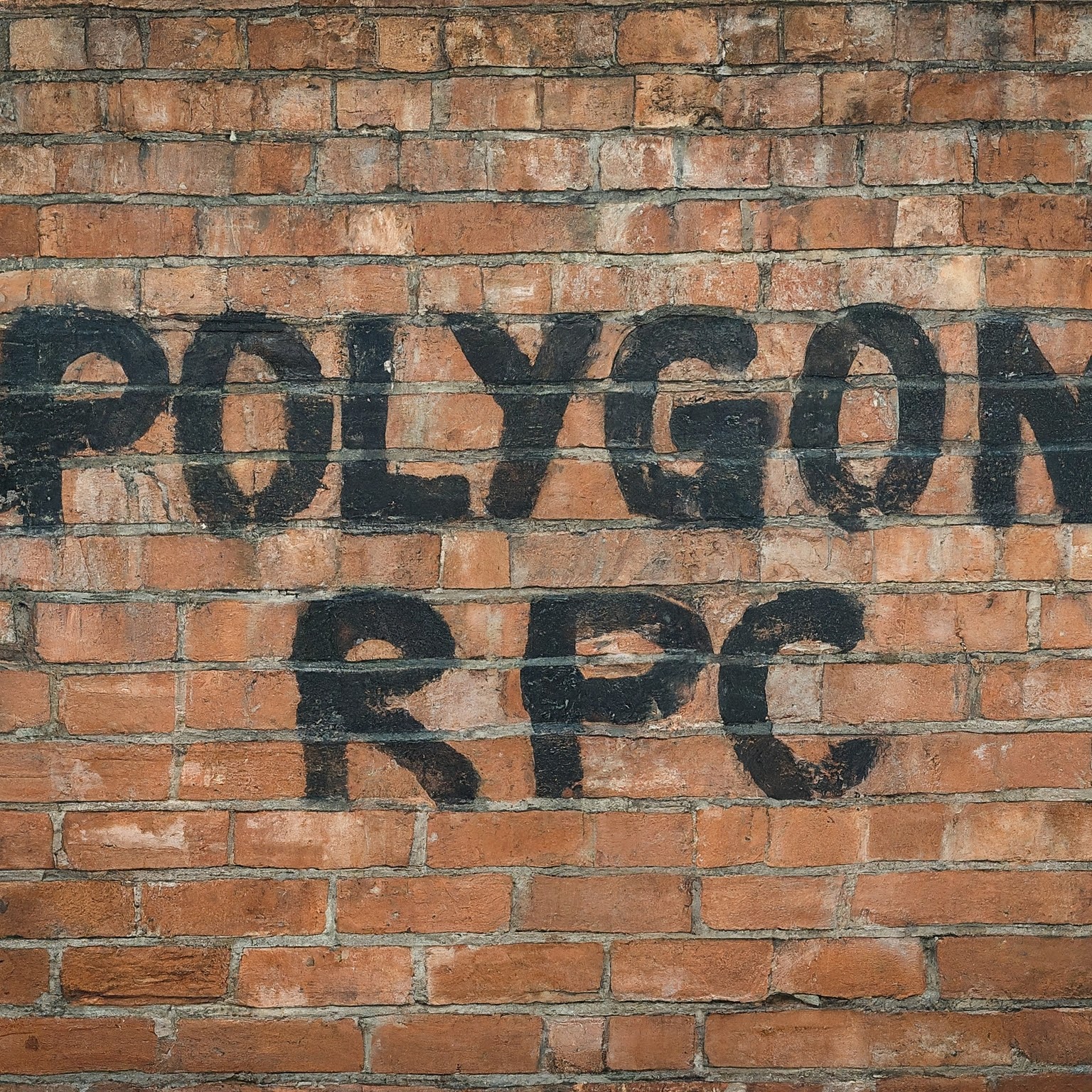
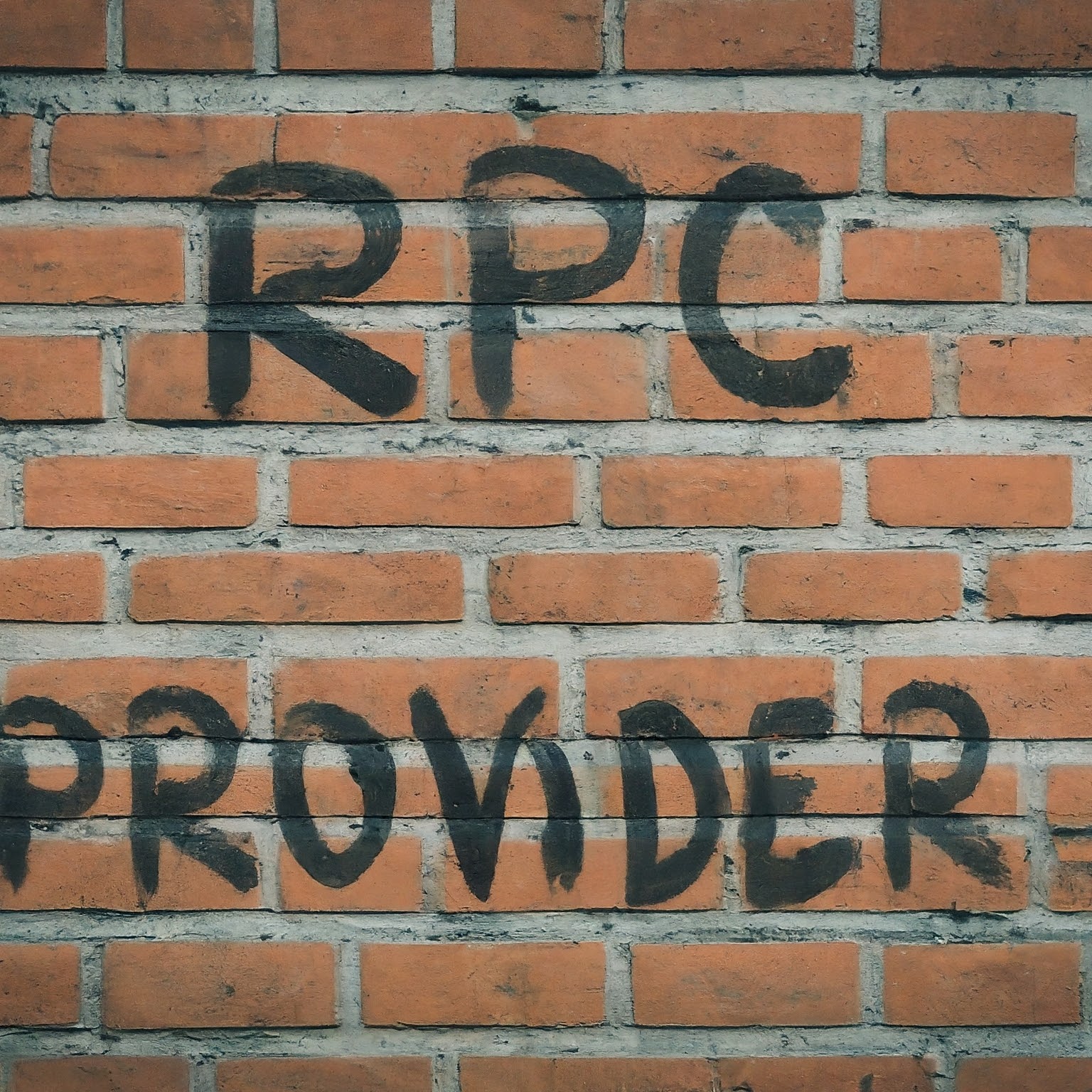
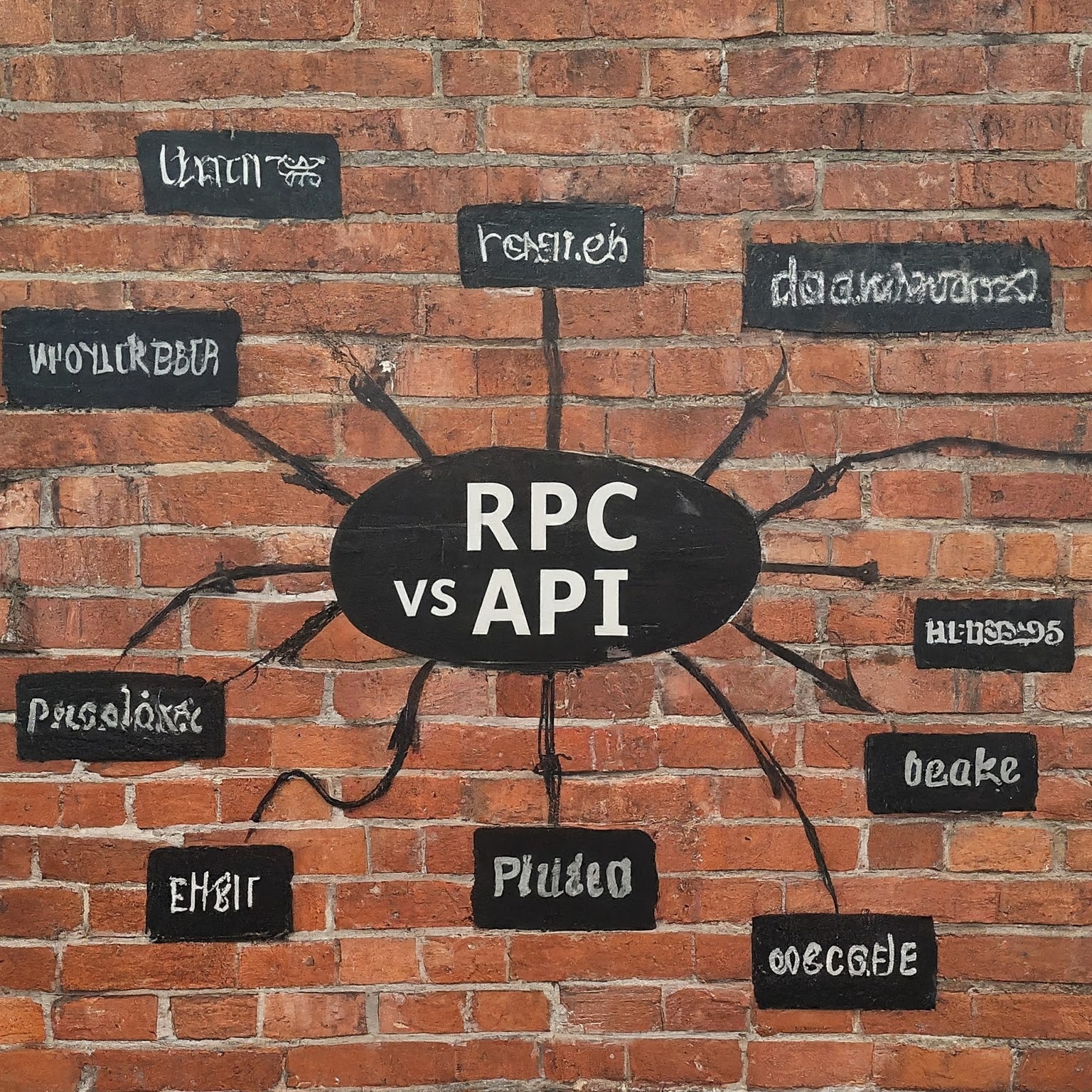
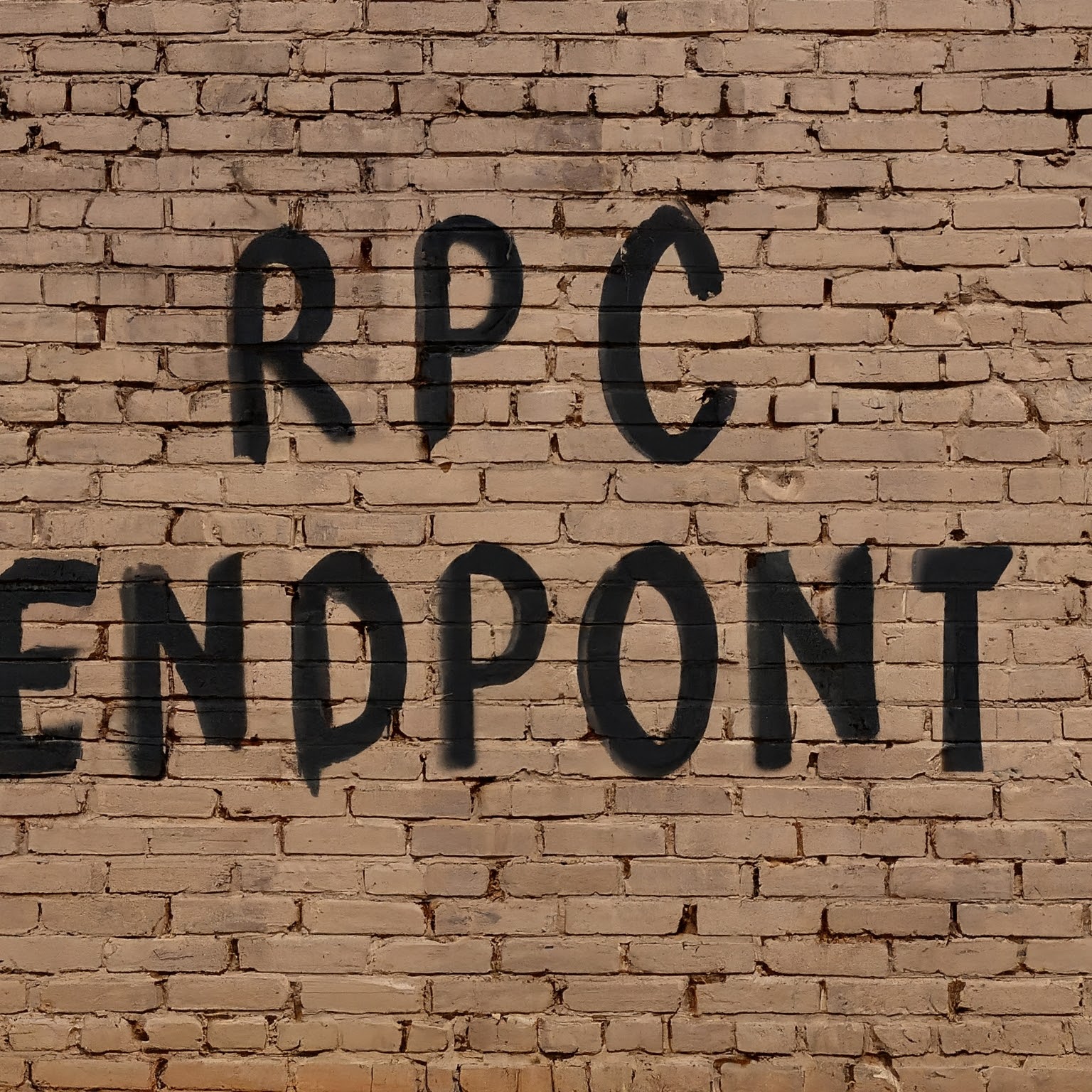
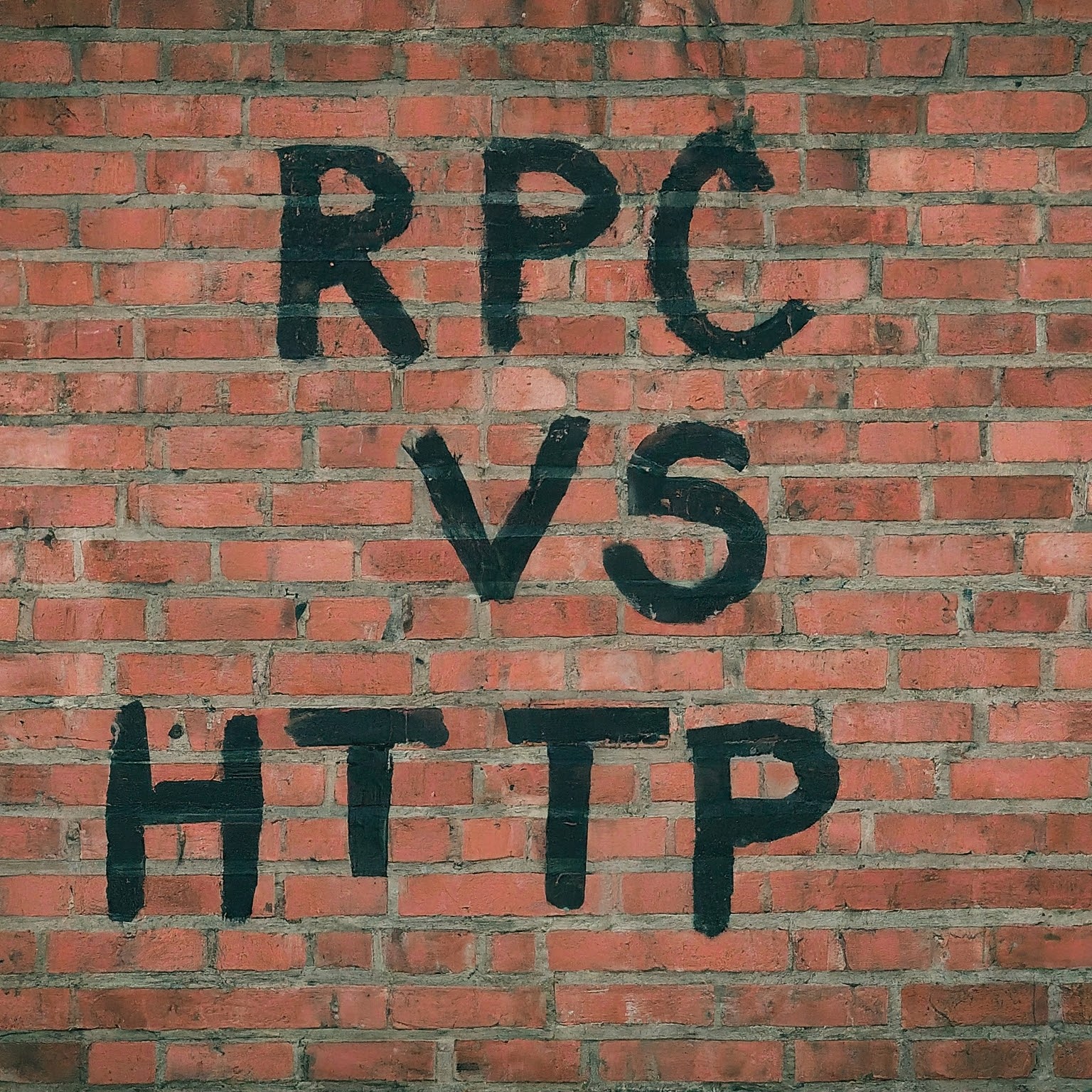
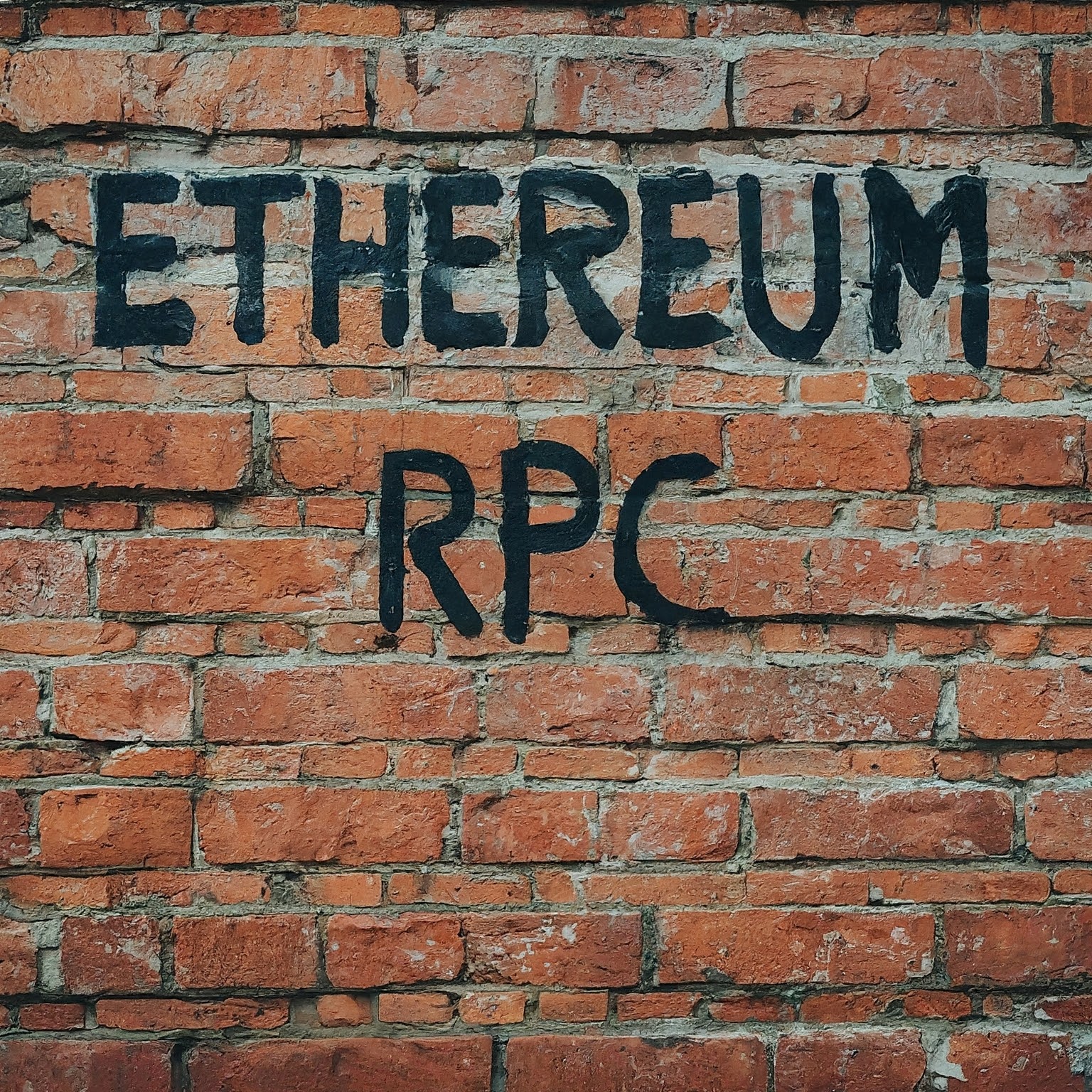
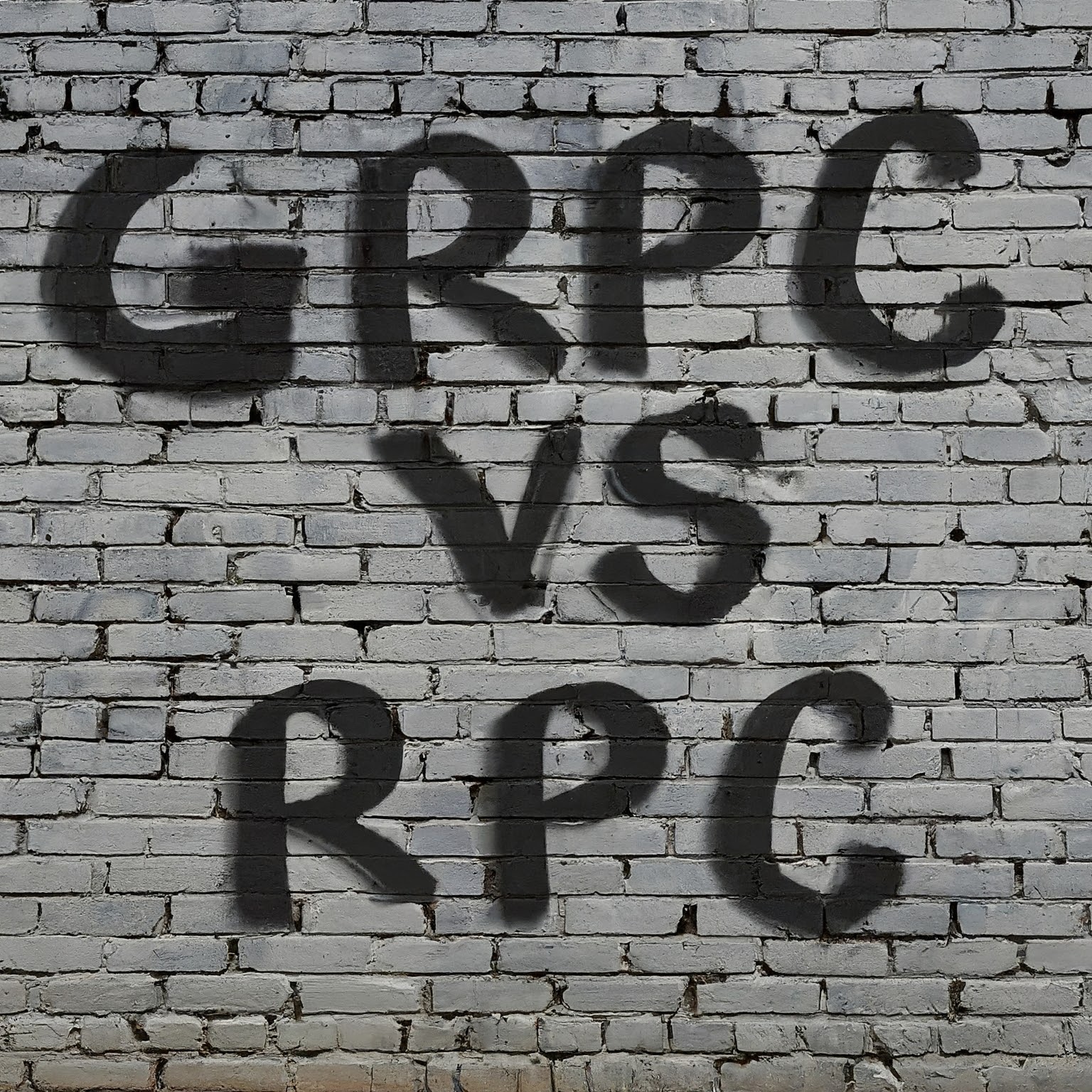
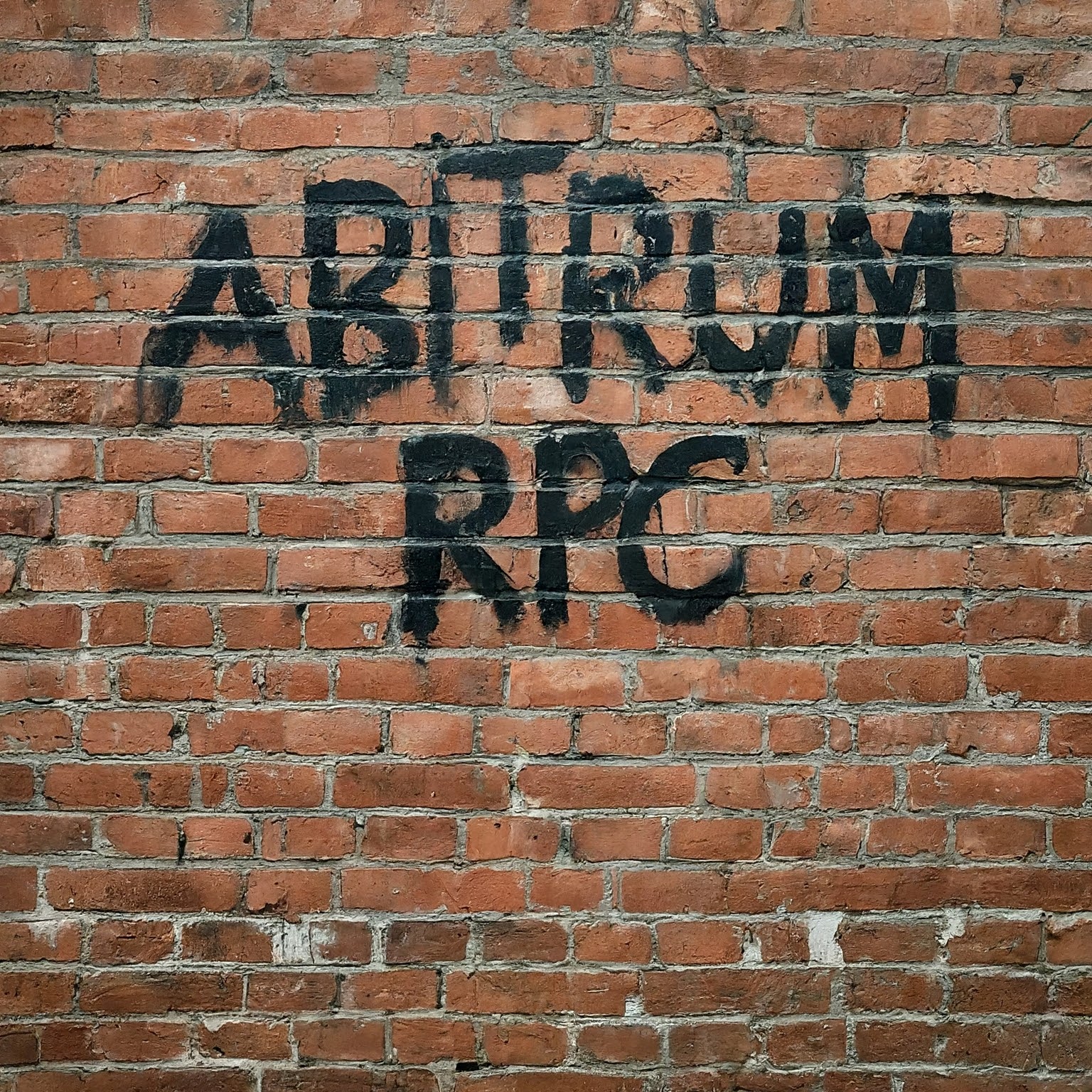
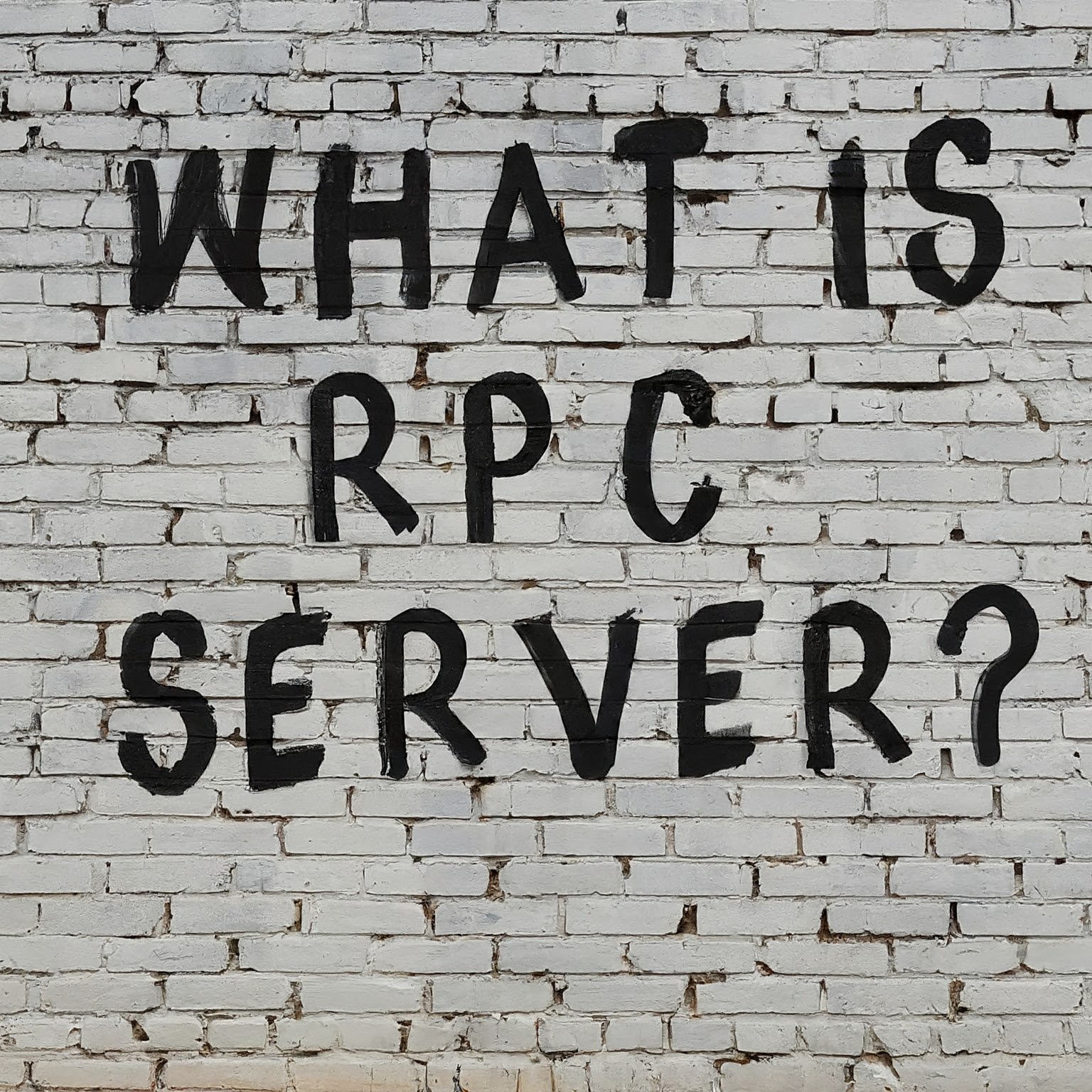
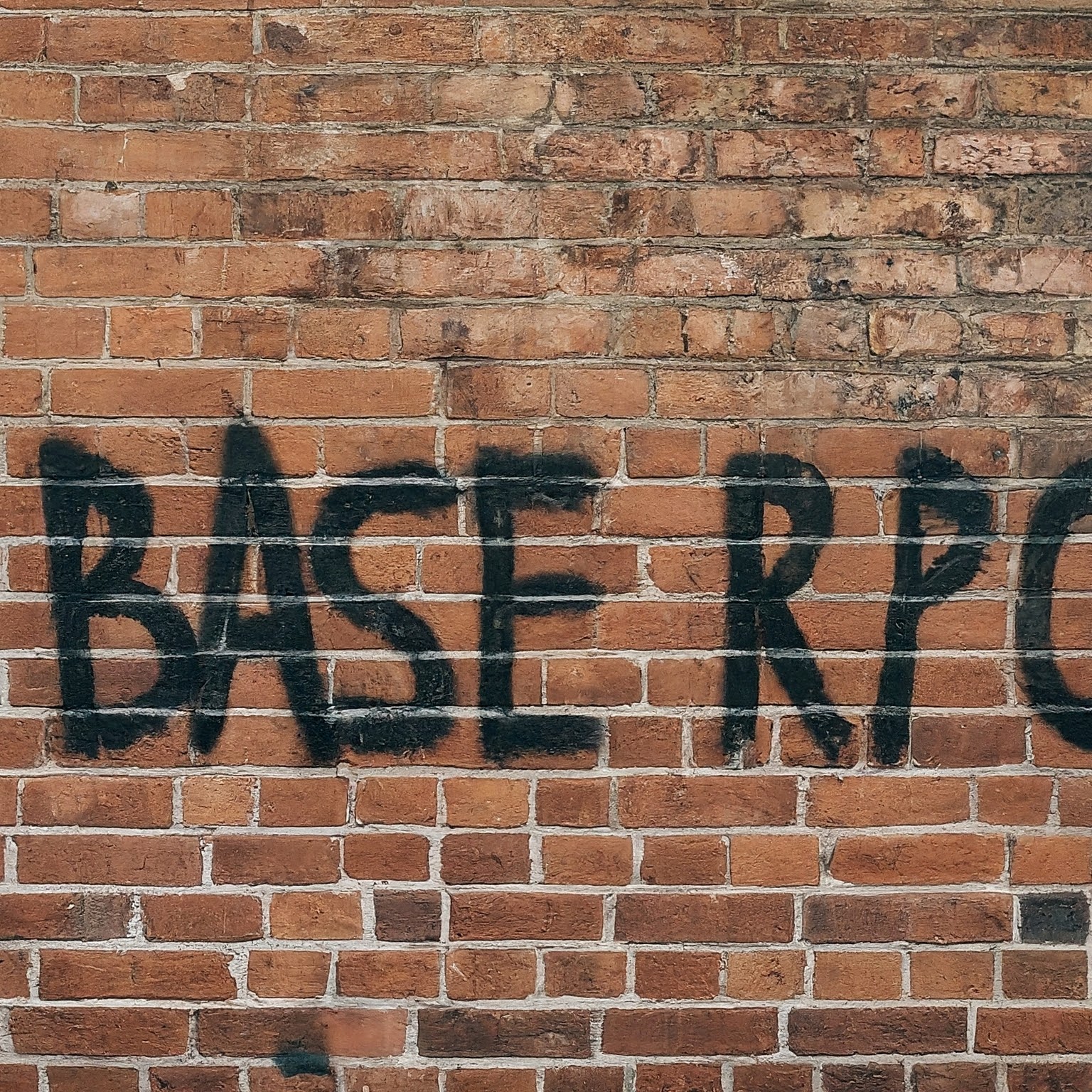
Leave a Reply
You must be logged in to post a comment.